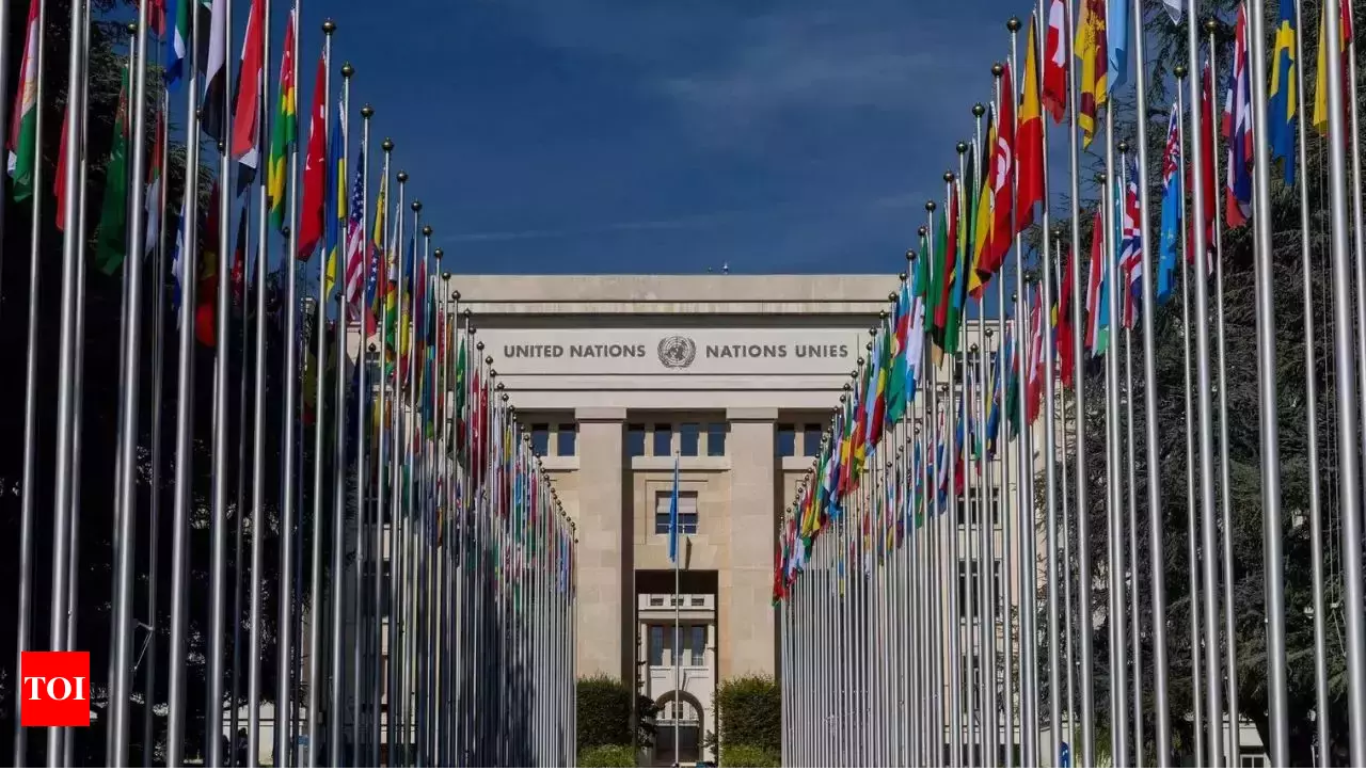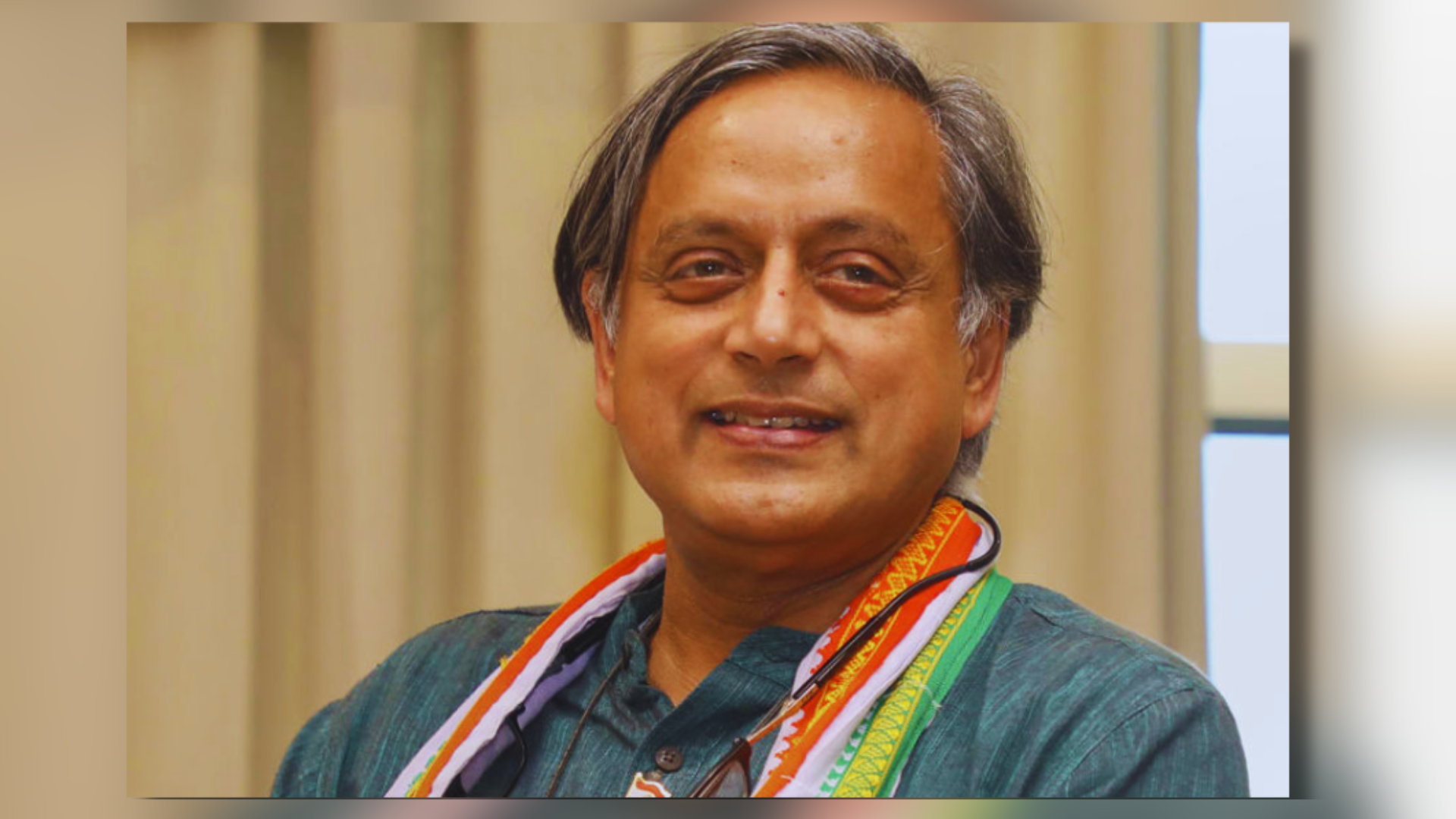India’s Permanent Representative to the United Nations, Ruchira Kamboj, highlighted the strides that have made in women’s leadership within India’s Panchayati Raj system. In an address at India’s #CPD57 side event, “Localising the SDGs: Women in Local Governance in India Leads the Way” Kamboj emphasized the significance of this decentralized form of rural governance and hailed it as a beacon of grassroots empowerment.
“The Panchayati Raj is a sterling example of direct democracy that facilitates active participation from all residents of a Panchayat through the Gram Sabha,” Kamboj, further, highlighted the unique decentralized structure. She pressed that this distinct feature distinguishes it from conventional municipal governance models worldwide, positioning it as a model for inclusive decision-making processes.
Ruchira Kamboj then underscored, India’s commitment to gender equality and cited the landmark constitutional amendment of 1992 mandating that at least one-third of all elected roles in local governance be reserved for women. This provision has marked a pivotal step towards ensuring an equitable representation of women in decision-making bodies at the grassroots level.
Celebrating the rise of women’s representation to 50 per cent in 21 states within India, Kamboj asserted, “Today, of the over 3.1 million elected representatives, more than 1.4 million are women.” This surge in the representation of women reflects a broader societal shift towards recognizing and valuing women’s contributions towards community development.
Also read: Historic! 1st Third Gender Files Nomination For Lok Sabha Polls 2024
Kamboj further elaborated on the alignment of the local planning process within the Panchayati Raj system with the localization of sustainable development goals, with a primary focus on empowering women. “The impact of such initiatives has been transformative,” she remarked, emphasizing the integration of gender considerations into development planning to effectively address women’s needs and priorities.
Appreciating the extensive efforts of Indian women leaders in breaking traditional barriers, Kamboj emphasised on their role in revolutionizing communities by enhancing education, healthcare, sanitation, and livelihoods. Women leaders in Panchayati Raj institutions have been instrumental in driving positive change at the grassroots level by leveraging their unique perspectives and experiences.
Besides acknowledging the challenges faced by women in leadership, Kamboj also stressed on the importance of supportive legal frameworks, robust capacity-building initiatives, and collaborative partnerships to advance gender equality. “India’s experience provides invaluable insights and lessons on advancing and sustaining women’s leadership,” she remarked, advocating for an enabling environment for women to thrive in governance roles.
“As we move forward, let us renew our dedication to fostering women’s leadership in local governance, recognizing its transformative power in achieving gender equality and the sustainable development goals,” Ms Kamboj concluded, echoing the words of Mahatma Gandhi to underscore the immeasurable strength of women.
Also read: Deadly Rains And Mudslides Claim 37 Lives In Brazil’s Southern Region

















